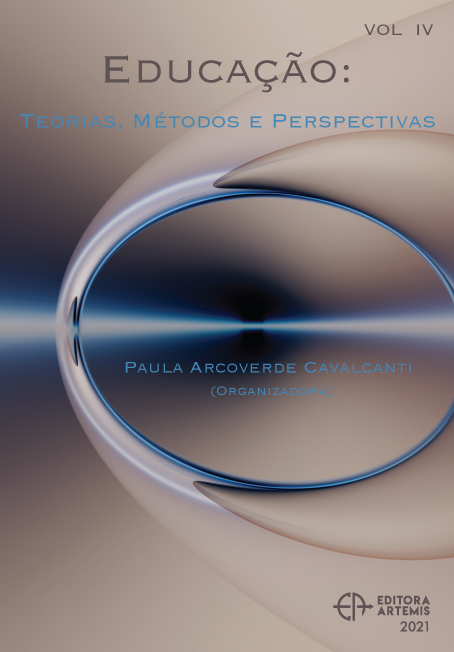
STUDENT ASSESSMENT AND EVALUATION IN ENGINEERING EDUCATION: THEORY AND PRACTICE
‘Assessment’ and ‘evaluation’ are two crucial components in engineering education settings. They play a significant role in the quality assurance of engineering education. Literature suggests that better assessment and evaluation practices require specific knowledge and skills about types and methods of assessment and evaluation. It is found that most of the engineering faculty members do not have factual knowledge about assessment and evaluation types and methods. Further, it is argued that engineering educators are not aware of ‘feedback comments’ associated with assessment practices. Comments on students’ performances are essential because it helps them know their course’s strengths and weaknesses. This chapter critically analyses assessment and evaluation practices in engineering education set up across the globe in this background. It discusses the challenges faced by engineering faculty members while assessing students’ performances. Lastly, the chapter offers recommendations to improve assessment and evaluation practices so that engineering students and teachers will primarily benefit.
STUDENT ASSESSMENT AND EVALUATION IN ENGINEERING EDUCATION: THEORY AND PRACTICE
-
DOI: 10.37572/EdArt_16122147727
-
Palavras-chave: Engineering Education, Student Assessment, Evaluation, Quality Assurance in Higher Education
-
Keywords: Engineering Education, Student Assessment, Evaluation, Quality Assurance in Higher Education
-
Abstract:
‘Assessment’ and ‘evaluation’ are two crucial components in engineering education settings. They play a significant role in the quality assurance of engineering education. Literature suggests that better assessment and evaluation practices require specific knowledge and skills about types and methods of assessment and evaluation. It is found that most of the engineering faculty members do not have factual knowledge about assessment and evaluation types and methods. Further, it is argued that engineering educators are not aware of ‘feedback comments’ associated with assessment practices. Comments on students’ performances are essential because it helps them know their course’s strengths and weaknesses. This chapter critically analyses assessment and evaluation practices in engineering education set up across the globe in this background. It discusses the challenges faced by engineering faculty members while assessing students’ performances. Lastly, the chapter offers recommendations to improve assessment and evaluation practices so that engineering students and teachers will primarily benefit.
-
Número de páginas: 5
- N P Subheesh

